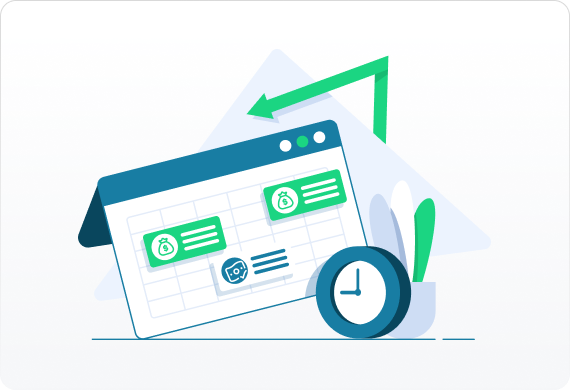When you launch a small business, you may have raised funds from friends and family, saved for years, or used personal funds to get going. But, as your business grows, it is likely that you will need to borrow money along the way.
It is the rare business that is able to generate enough capital from operations to expand, grow, or take advantage of business opportunities. Small business loans are often needed to reach the next stage of your business’ development, but if you have never taken out a loan before you might not know where to start.
Shield Funding understands that all business owners need an opportunity when they submit their first application for a business loan. The process is fast and flexible so you can get approved quickly even if you have bad credit. Get started today with our online application.







